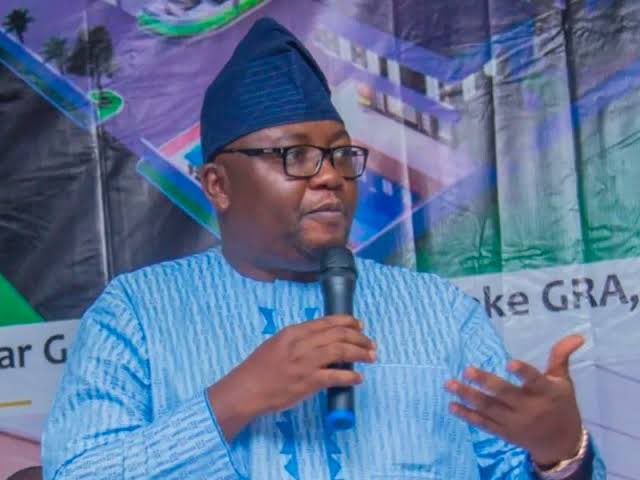The Minister of Power, Adebayo Adelabu, has announced that Nigeria’s economy can no longer sustain its current electricity subsidy framework and called for the implementation of cost-reflective tariffs to stabilize the power,- LeadNaija reports
Speaking during a meeting with the Chairmen of Nigeria’s Generating Companies (Gencos) in Abuja, Adelabu warned that the continued subsidization of electricity is fiscally unsustainable.
“We have to understand that our economy cannot sustain subsidies indefinitely,” the minister stated.
Adelabu, however, assured that the Federal Government remains committed to protecting vulnerable Nigerians through targeted subsidies.
According to Mr. Bolaji Tunji, the minister’s spokesperson, Adelabu stressed the importance of accurate billing across all customer categories. “Citizens must pay the appropriate price for the energy consumed. The Federal Government will continue to provide targeted subsidies for economically disadvantaged Nigerians,” he reiterated.
Nigeria’s electricity sector is currently burdened with over N4 trillion in unpaid subsidy-related debt to Gencos, a situation that has strained the financial viability of the industry.
In its February performance report, the Nigerian Electricity Regulatory Commission (NERC) revealed that while the real average cost of electricity was N116.18 per kilowatt-hour, consumers were only charged N88.21, leaving a subsidy gap of N27.97 per kilowatt-hour. Except for Band A customers, who constitute only 15% of total users, all electricity consumers benefit from these subsidies.
To address the crisis, Adelabu said the government is preparing a plan to offset a significant portion of the debt using a combination of cash payments and promissory notes.
“There is a need to pay a substantial amount of the debt in cash. At the minimum, let us pay a substantial amount, then ask for a debt instrument in promissory notes to pay the rest,” he explained. “We recognize the urgency of this matter. The government is committed to resolving this debt to stabilize the sector and prevent further crisis.”
The minister’s remarks come amid growing pressure to reform Nigeria’s power sector, which continues to face challenges related to underfunding, aging infrastructure, and inadequate service delivery.



